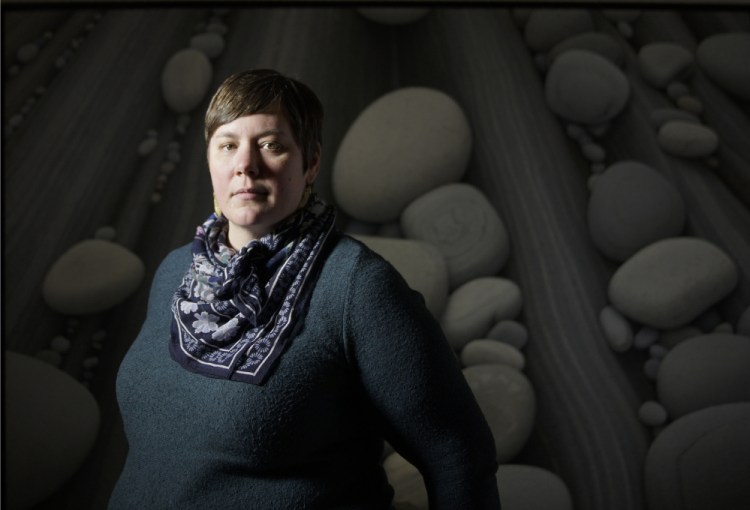Jacquelyn Gill got the idea for the March for Science as she sat in her sickbed, watching millions of women participate in Womens Marches across the country the day after Donald Trump’s inauguration as U.S. president.
If women were taking to the streets to defend the issues and causes important to them, she thought, shouldn’t scientists – under fire by the Trump administration on climate change in particular – do the same thing?
And so Gill, a University of Maine paleoecologist, fired off a tweet.
It was one of several tweets that day that turned into a conversation, a website and, ultimately, hundreds of thousands of people at more than 600 demonstrations worldwide on April 22, Earth Day. The March for Science supporters urged governments to back scientific research financially and to adopt policies based on sound science.
The momentum continued after the march, she said.
“I was really floored by how much public support for science emerged out of the march,” said Gill, an assistant professor whose work focuses on climate change, extinction and the interactions of different species, communities and ecosystems through time.
Gill said it was an “epiphany” during a hike in Acadia National Park that led her to a career in science. She was exploring caves high in the hills when it struck her that they had formed at a time when the sea level was higher and were lifted up when Maine’s coast began rebounding after being pushed down by the weight of glaciers during the Ice Age.
Her role today, Gill says, is simply to be an advocate for science for everyone.
That didn’t keep people from recruiting her this year to run for public office (she declined) or join the boards of several women-and-science organizations (she accepted).
Today, she continues her teaching and research at the UMaine Climate Change Institute, co-hosting the podcast “Warm Regards” and advocating for an open, transparent, diverse and publicly supported scientific community.
“I’ve felt catapulted by this national energy around supporting science,” Gill said of her post-march life. “I feel called to use my voice. There are many voices out there, I’m just one of them and I’m grateful that I have a platform where I can get this message out.”
Send questions/comments to the editors.



Comments are no longer available on this story